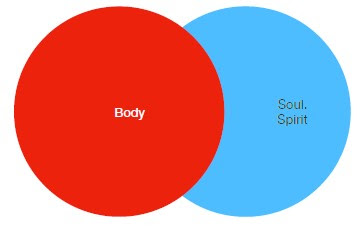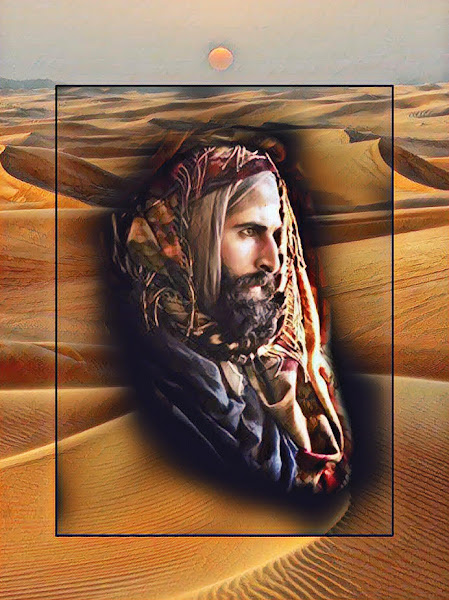Analogue 11: The Hidden Treasure

Analogue 11 No one hides a thing of great value in something that will attract attention, but folk will often put objects of worth into a container that is worth little or nothing. Likewise, the soul—a precious thing—has come to exist in a humble body. SYNOPSIS This may be one of Yeshua's wisdom sayings hitherto unknown but perhaps alluded to and included in the Paul’s Epistle (II Corinthians 4:7), and also found in the Gospel of Thomas 29, 109. The esoteric reality and the exoteric manifestation. This is an esoteric teaching concerning the existence of the soul and its ultimate value which may indicate a new discovery or revelation being made concerning in the inner nature of humankind. The treasury of the soul, or soul treasure, which is both treasure in the soul, and the soul as treasure. Treasure hidden in clay vessels as a metaphor for how the divine has concealed the inner value of something and confused the outer mind. In light of the discussion in analogue 10, the soul i
